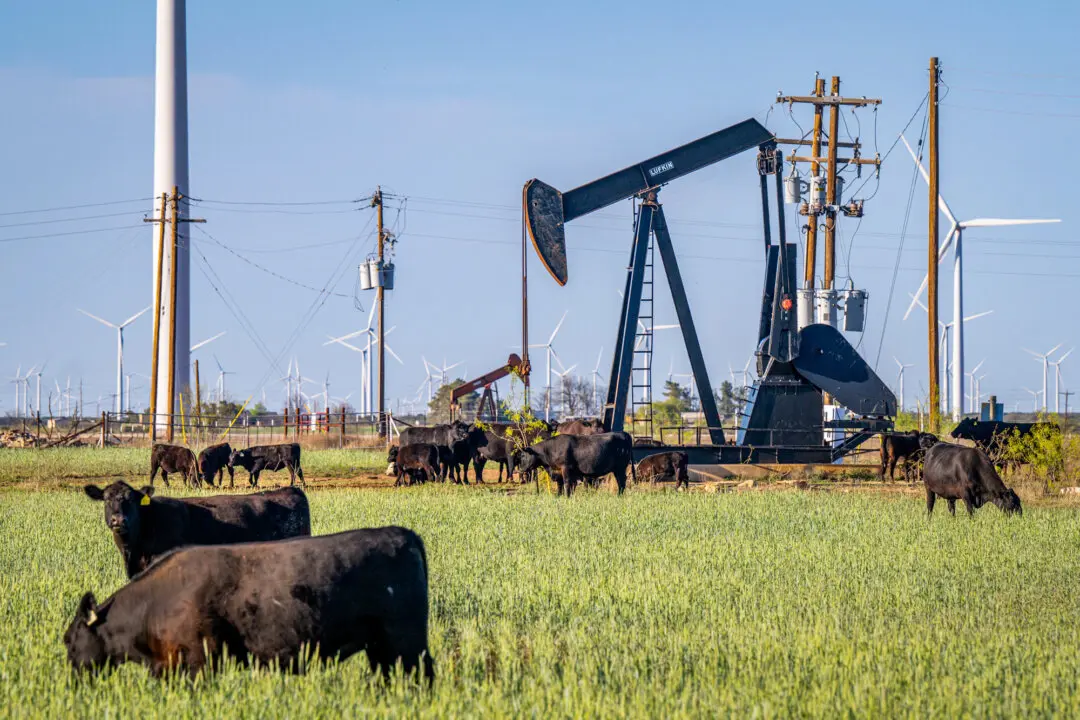AUSTIN, Texas—Black voters could be the next minority block to shift support to former President Donald Trump in a potential 2024 rematch with President Joe Biden, according to a political analyst.
Galen Druke, host and producer of the “FiveThirtyEight Politics” podcast, spoke on the latest polling and election data at the National Conference of State Legislatures (NCSL) meeting in Austin, Texas on Dec. 4.





